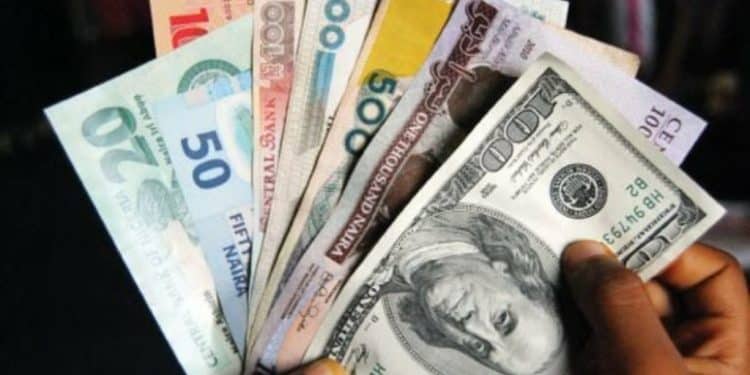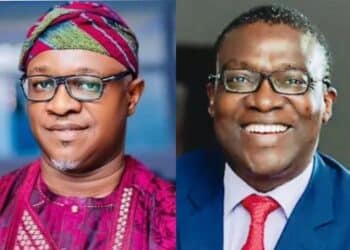To end the widespread arbitrage and penalise naira speculators, the federal government on Tuesday revealed plans to automate transactions throughout the foreign exchange market.
During the opening panel discussion of the 29th Nigeria Economic Summit in Abuja, Wale Edun, the Minister of Finance and Coordinating Minister for the Economy, revealed this information.
He said that all transactions in the foreign exchange market, ranging from official to money changers, where significant arbitrage has often happened, would be closely watched, with violators identified and dealt with accordingly.
This comes as yesterday’s black market exchange rate for N1,220 resulted from the naira’s continued decline versus the dollar.
Three weeks prior, the unregulated market saw the dollar surpass N1,000.
From September 27 to October 3, the dollar continued to exchange for N,1000 on the black market, although it stabilised in the investors and exporters (I&E) window.
The dollar had already reached N1000 on the underground market, although it had frequently fallen within a few days.
The value of the naira has dropped significantly this time around—it has lost almost 25% of its value in the last three weeks.
During the NESG summit, the minister also revealed that President Bola Tinubu had issued two executive orders the previous week.
“One of them is an executive order that allows forbearance for all the cash in the economy to come in and formally boost the money supply legally.
“There’s another executive order that allows domestic issuance of foreign currency issues so that it will allow incentives to provide that foreign exchange for whatever source,” he stated.
He claims that the foreign currency market is undergoing a makeover, which will become apparent over time.
He acknowledged that illiquidity prevented Nigeria’s foreign currency market from operating efficiently and that the government was ready to take all necessary steps to alter the current situation.
“Foreign exchange market will be simplified and reformed such that all legal and legitimate transactions will fall within the purview of the authorities and in the formal foreign exchange market. Anything outside that will be illegal, a criminal offence and will be punished,” he warned.
President Tinubu had earlier in the conference pledged to remove the backlog of foreign exchange transactions, which had caused investors to lose faith.
He promised to uphold any upcoming foreign exchange agreements on behalf of his administration.
“I assure you we have a line of sight to the foreign exchange we need to refloat this economy. And we will get it,” Tinubu said.
Recall that the CBN promised to deliver dollars at a certain price in the future to several Nigerian companies in exchange for what are known as forward contracts.
On the back of the forward contracts, the banks created Letters of Credit (LCs), which were then utilised to purchase products from overseas vendors.
However, the CBN has not resolved the contracts since February 2023; as a result, people with knowledge of the situation estimate that there is a backlog of approximately $3 billion.
It is anticipated that the total backlog, including contracts involving unpaid foreign investors, is roughly $10 billion.
Due to its inability to pay off the dollar backlog, the CBN is currently facing severe currency liquidity constraints, which have led it to halt a number of operations, including applications for personal travel allowance and school fees.
At the meeting, CBN Governor Yemi Cardoso also declared that the central bank would henceforth approach its goal of price stability “very seriously indeed.”
According to him, the goal is to create a predictable, opaque foreign market that is suitable for its intended use and beneficial to all parties.
He stated: “We are going to come out with an elegant document that will tell you the rules,” the governor assured.
“We know a multi-trillion dollar economy is viable within a decade of serious reforms, consistent economic action, and deliberate institutional reforms. A macroeconomic stabilisation programme supported by an aggressively scaled national security effort to halt all forms of syndicated and organised crime around crude oil and solid minerals and also a made-in-Nigeria agenda to make-in-Nigeria, two strategic drivers require urgent investment and a national job creation plan that drives the creation of huge volumes of high-quality jobs, among other reforms.”











